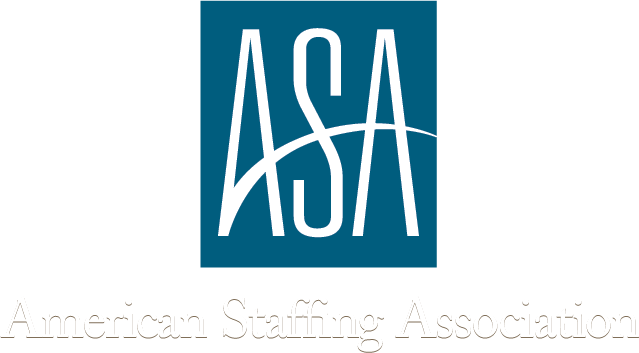The Bureau of Labor Statistics (BLS) regularly publishes forecasts of job growth in various industries, including engineering. And while these are only predictions and subject to change, they have historically proven to be fairly reliable indicator of the state of the U.S. job market as a whole, and broken down into specific career specialties.
According to the most recent data published by the BLS, this is a good time to be in engineering, especially certain specialized disciplines. The bureau expects employment opportunities in the engineering field to grow by 11 percent by 2018. That rate of growth is considered average, but given the weak state of the job market in recent years even modest gains are good news for most.
One of the most difficult parts of forecasting job growth is identifying the factors that will positively or negatively affect it. When considering the employment outlook for engineers, forecasters often focus their attention on the manufacturing sector since it relies so heavily on engineers across disciplines. Outsourcing and declines in domestic manufacturing will dampen job prospects, but higher competition and a more urgent emphasis on innovation will force many companies to add more engineers to their team. And, unlike most other professions, advanced technologies and automation do not limit the need for new engineers.
It’s important to realize, however, that general forecasts about the engineering job market in 2014 and 2015 are not always relevant to subgroups within engineering. For instance, cutbacks in defense expenditures and government grants will likely mean fewer opportunities for engineers in electronics and aerospace. Conversely, the need for biomedical engineers is expected to grow rapidly, and civil engineering is forecasted to see the largest overall job growth.
All of this underscores the need for engineers in all fields to to be proactive about career planning. It is no longer enough to get a degree, settle in with a company, and expect to enjoy decades of job security. Engineers must now make a concerted effort at professional development, stay abreast of industry trends, conduct ongoing networking efforts, and always be looking for new job opportunities.
Focusing on the future while managing the present creates a heavy burden, which is why it’s so helpful to have a partner in career planning. Employment experts with specialized knowledge of the engineering industry can help you fine tune your skill set, sharped your candidate credentials, connect with industry leaders, and ultimately get better job offers. If you want to position yourself for success now and long into the future, speak to an engineering career specialist at Selectek.

